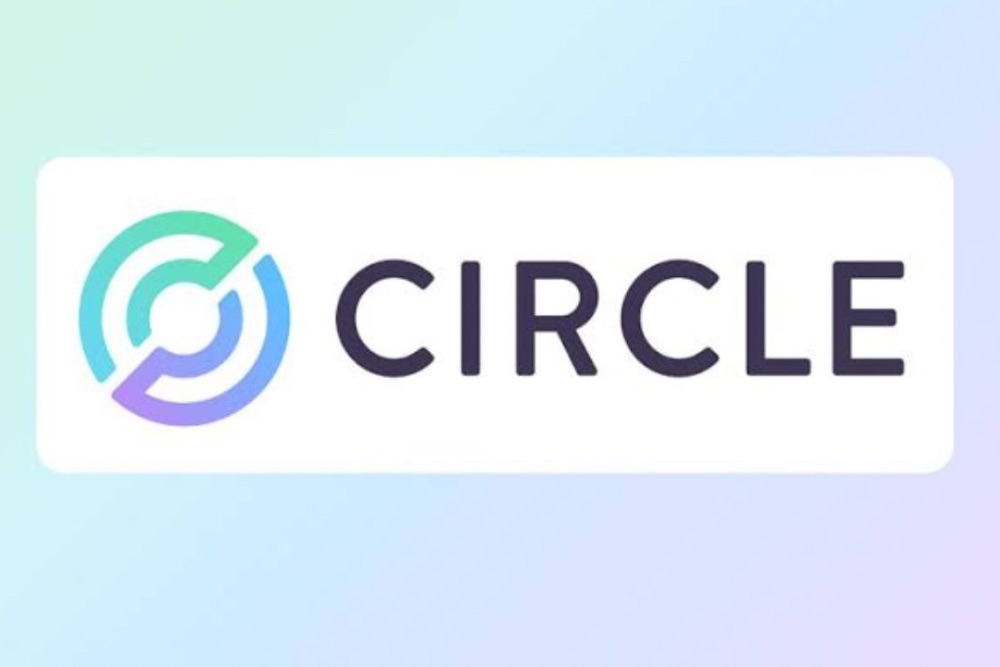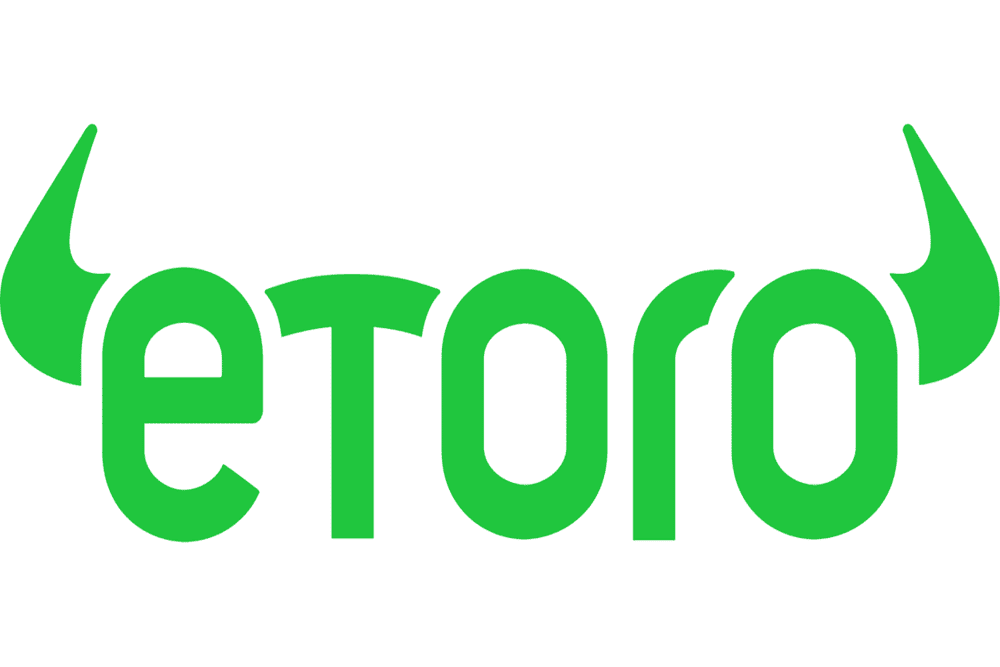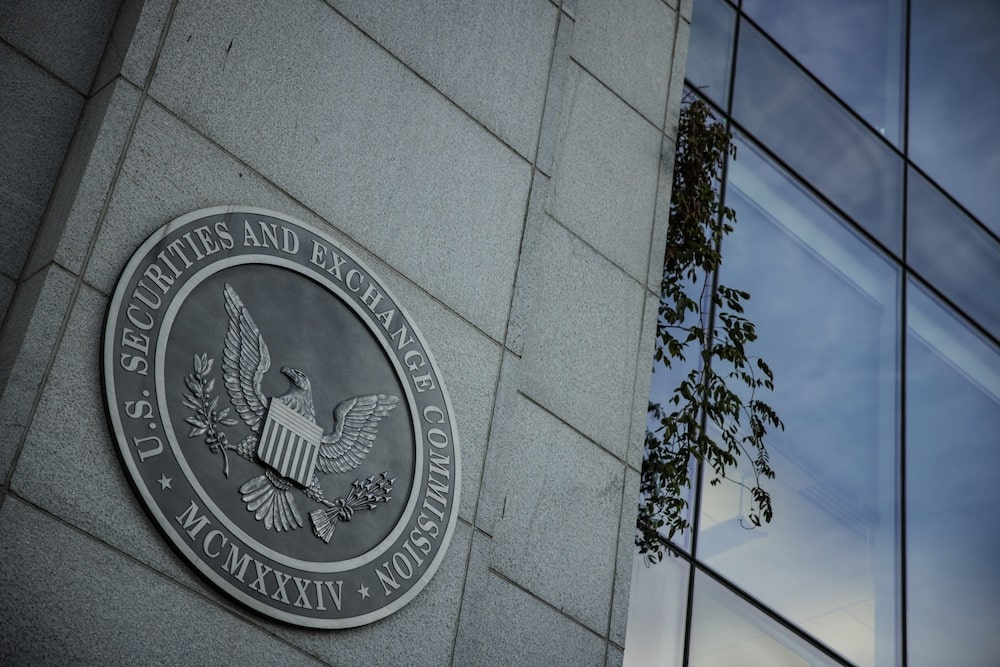Leading German banking institution Commerzbank has partnered with Crypto Finance, a subsidiary of Deutsche Börse, to provide its corporate clients in Germany with safe and secure access to crypto assets.
The German bank noted in a press release that the collaboration will primarily focus on bitcoin (BTC) and ether (ETH).
Commerzbank Joins the Crypto Bandwagon
The move comes nearly a year after Commerzbank became the first German universal bank to obtain a crypto custody license. Issued in November 2023, the license allows the Bank to provide clients with crypto services.
The partnership with Crypto Finance aims to provide Commerzbank’s corporate clients with seamless crypto transactions without the need to forgo established and regulated structures and partners.
Commerzbank will handle the custody of digital assets through the strategic alliance, while Crypto Finance will oversee their secure trading.
Commenting on the latest development, Gernot Kleckner, Divisional Board Member Capital Markets in the Corporate Clients segment at Commerzbank, said:
“Our offering in digital assets, enables our corporate clients to seize the opportunities presented by bitcoin and ether for the first time.”
Stijn Vander Straeten, Chief Executive Officer of Crypto Finance, also noted that the collaboration marks a significant milestone for Crypto Finance as it enables more companies and institutions in the country to access regulated crypto services.
Banks Are Penetrating the Crypto Industry
In recent times, an increasing number of banks have been joining the crypto industry by providing custody or trading services to their clients.
Earlier this week, Singapore’s largest bank, DBS, revealed plans to launch bitcoin and crypto options trading to its customers, fostering crypto integration into traditional finance activities.
Similarly, Global banking giant Standard Chartered recently launched BTC and ETH custody services in the United Arab Emirates (UAE).
The service will operate within the Dubai International Financial Center (DIFC) and will begin by offering support for bitcoin and ether, the leading cryptocurrencies in market value and adoption.







